The Central Bank of Kenya (CBK) has increased the benchmark for lending rates for banks across the country by 200 basis points.
This means that the lending rates have been increased to 12.50 percent from the previous 10.50 percent, one of the highest lending rates ever since 2012.
According to CBK Governor Kamau Thugge, the move was the only way the institution could shield Kenyans from the impact of the high cost of living.
Further, he noted that the increase in lending rates will ensure that inflation is reduced, and the value of the shilling increased.
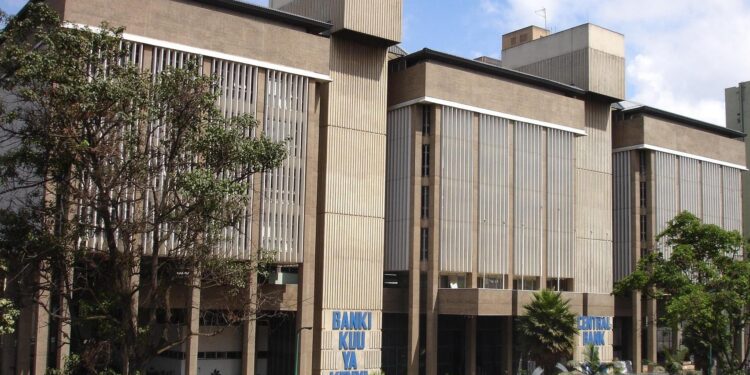
“This will ensure that inflationary expectations remain anchored while setting inflation on a firm downward path towards the 5.0 percent mid-point of the target range.
“The Monetary policy Committee will closely monitor the impact of the policy measures as well as developments in the global and domestic economy and stands ready to further tighten monetary policy as necessary to ensure price and exchange rate stability are achieved,” stated CBK.
Also Read: CBK Governor Explains Reason Banks Reintroduced Mobile Bank Charges
CBK Explains Reason for the Move
Giving reason for the move, CBK stated that the committee met because of the continued global uncertainties including oil prices, and the increase in global geopolitical.
“In addition, the Committee noted persistent domestic inflationary pressures and a depreciating shilling.
“The MPC reviewed the outcomes of its previous decisions and measures implemented to mitigate the adverse economic impact and financial disruptions,” stated CBK.
Also, Thugge admitted that the country’s currency crisis had negative effects including leading to the high cost of living and unbearable pain of the impact.
In addition, he disclosed that the weakening of the shilling affected investments in the country noting that global investors were shy to make any big investments in the country.
Also Read: CBK Explains Why Tanzania, Uganda Are Beating Kenya’s Economy
“Foreign investors are hesitant about coming because of the exchange rate. Same thing with domestic investors. Depreciation is having a strong impact on the cost of living,” he explained.
Further, the ongoing food and energy crises, linked to Russia’s invasion of Ukraine, has compounded the economic challenges.
Impact of Increase in Lending Rates to Kenyans
Notably, the new lending rates were last witnessed in the early 1990s and is the highest increase in five years.
This means that meant businesses will be locked out from accessing the credit they need for expansion.
Subsequently, this will limit the ability of businesses and local investors to create more jobs.
The sharp rise in interest rates also threatens to choke economic growth as it will lift borrowing costs and encourage cutting costs or saving overspending, investing, and hiring, experts warned.



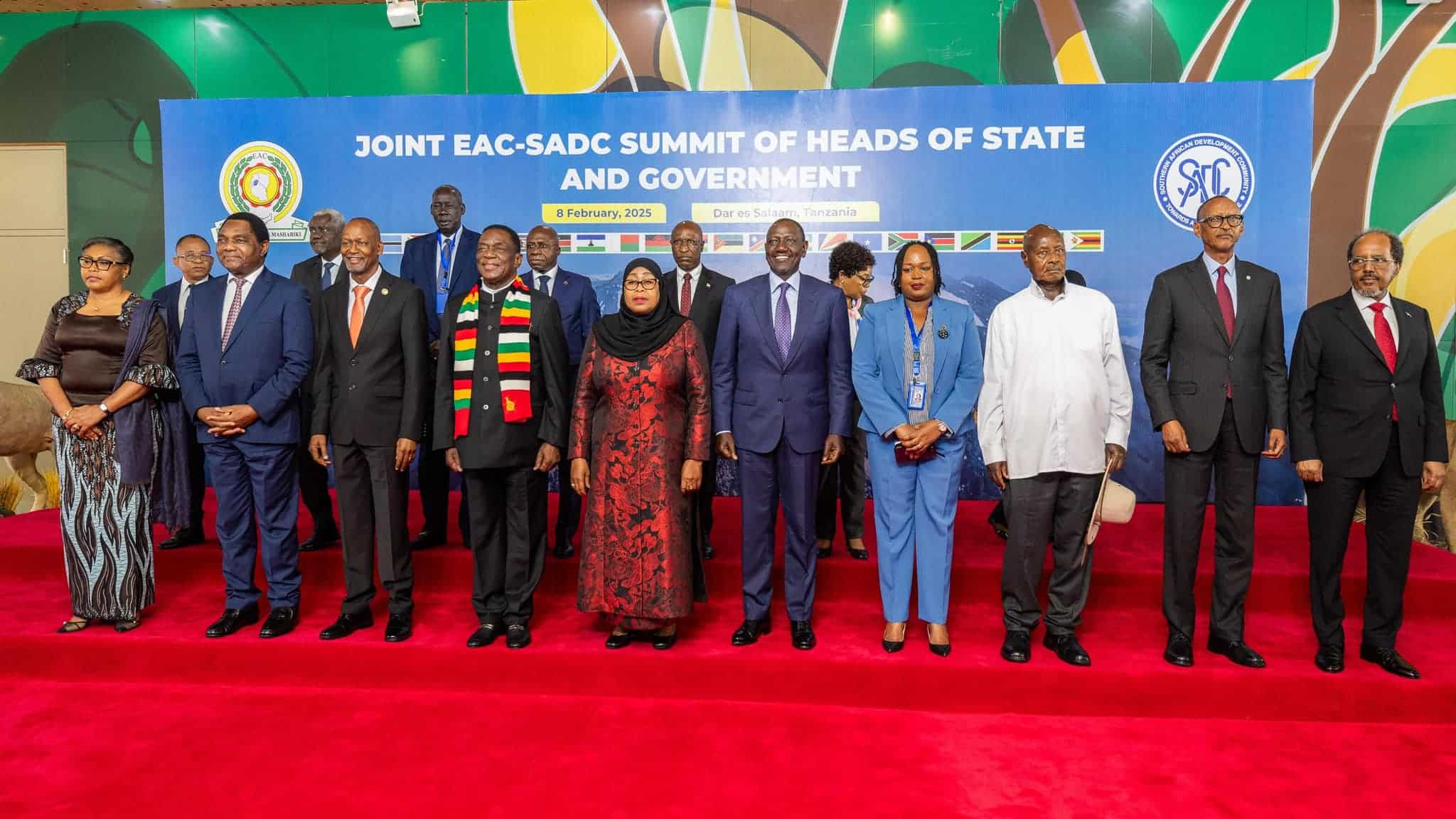
![Debate Rages Over Proposed Increase In Legal Drinking Age [Video] Nacada Raises Legal Drinking Age From 18 To 21]( https://thekenyatimescdn-ese7d3e7ghdnbfa9.z01.azurefd.net/prodimages/uploads/2025/07/beer-360x180.jpg)


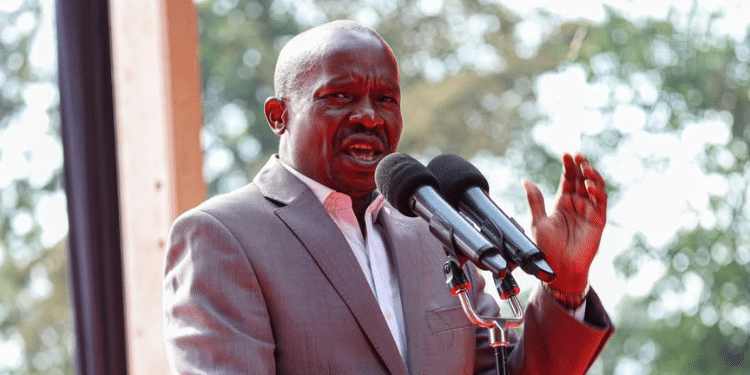










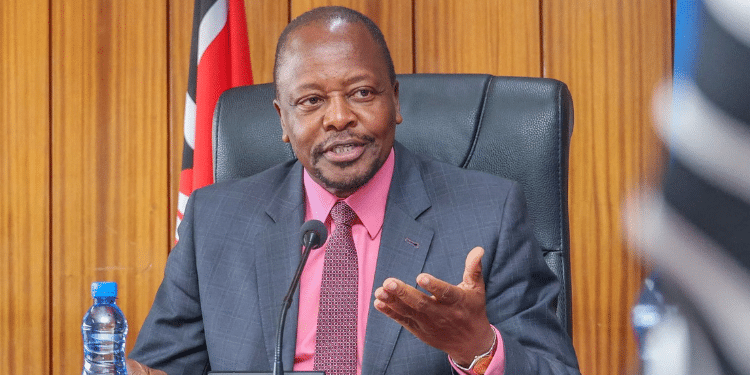














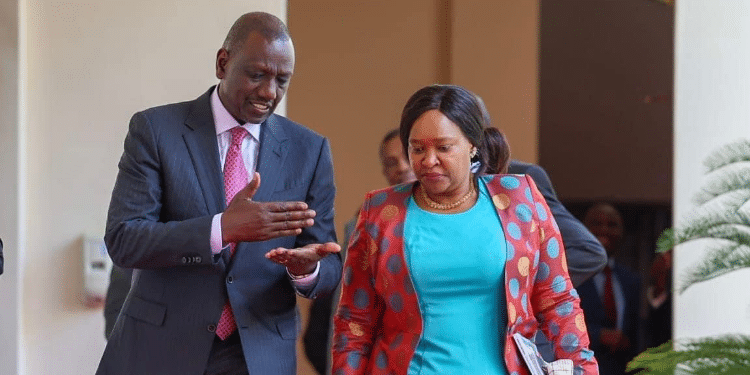






































![Debate Rages Over Proposed Increase In Legal Drinking Age [Video] Nacada Raises Legal Drinking Age From 18 To 21]( https://thekenyatimescdn-ese7d3e7ghdnbfa9.z01.azurefd.net/prodimages/uploads/2025/07/beer-120x86.jpg)